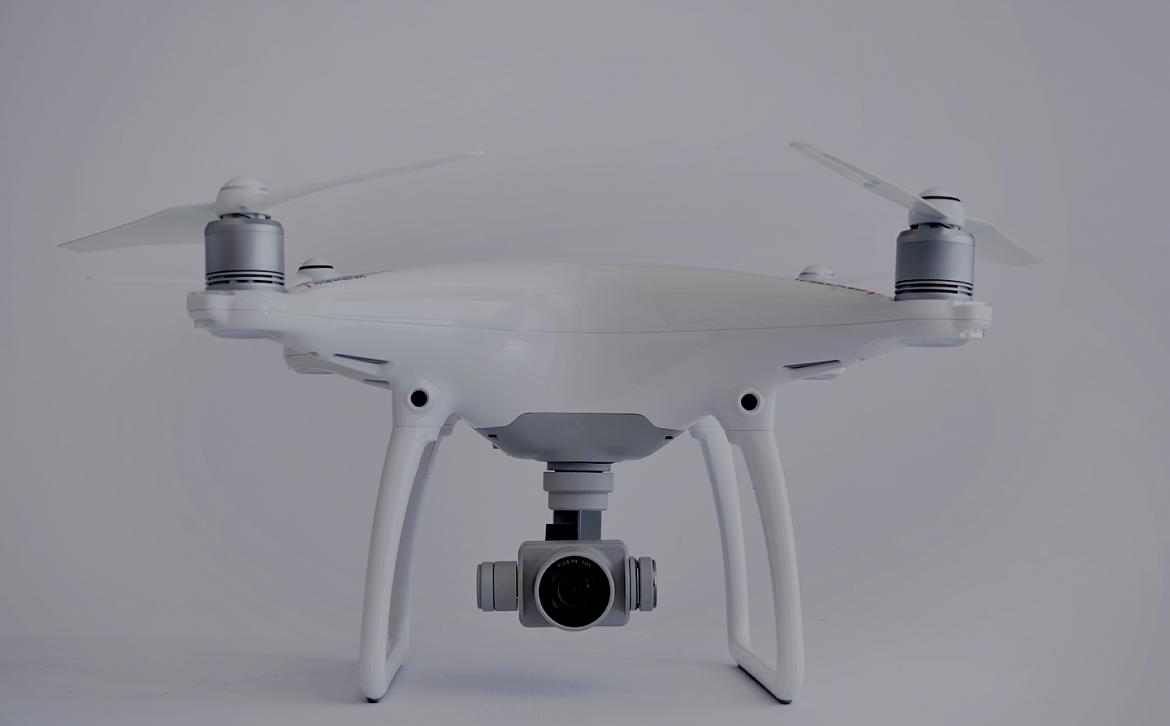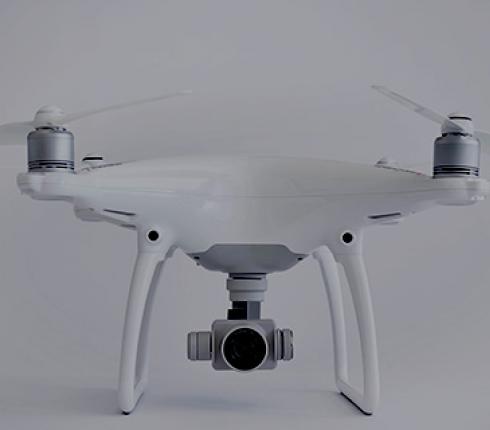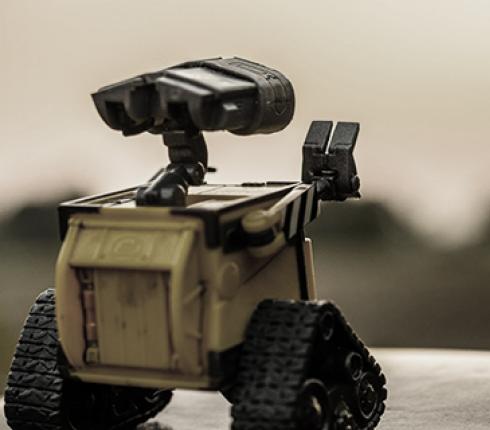Cargo carriage and other services: Challenges ahead for drones
Drone technology is constantly evolving, as technical innovation continues to bring about more advanced drones. The use of drones for transport of cargo is becoming an increasingly hot topic, as is the use of drones for surveying and carrying out services such as repairs or information gathering.

However, what are the legal challenges to be aware of as the use of drones develop? For instance, how are the risks, obligations and rights relating to damage, delay and loss of cargo governed in the contractual relationship between the shipper, consignee and carrier? To the extent that drones are used to carry critical cargo – such as spare parts for vessels or offshore installations – the potential liability for delay or damage to the cargo could be very high. The same goes for liability for information gathered by drones that turns out to be flawed or incomplete, or for repairs carried out incorrectly.
In Denmark, the use of smaller drones is regulated under the Act on Drones in Urban and Rural Areas (in Danish: “By- og landdronebekendtgørelsen”). The rules set out obligations concerning safe flight, but do not regulate cargo carriage or other services carried out by drones.
The Danish Aviation Act and the Montreal Convention regulates carriage of cargo by air transport. Some of the rules are mandatory, while others can be departed from by contractual agreement. The rules include provisions on the issuing by the carrier of an air freight letter as well as cargo receipts. The Act also governs the carrier’s liability for damage, delay and loss of cargo, and the right to limit such liability. However, the Act only applies to drones of a certain minimum weight, and the calculation of this weight is not clearly set out in current regulation (i.e. should the weight of the cargo and/or any equipment mounted on the drone be included or excluded, etc.).
The mandatory drone liability insurance does not include liability for damage or delay to cargo or for drone services. Drone operators therefore need to manage the risks involved in cargo carriage and other services by taking out appropriate additional insurance.
Further, the key legal challenge for the industry in the coming times will be to develop a set of standard terms for services provided by, and cargo carried by, drones. Such standard terms will provide useful clarity as to the risks and obligations of each party involved. It will also provide the parties and their insurers with a much better basis for developing appropriate insurance products tailored to the risks involved in the operation of drones.







